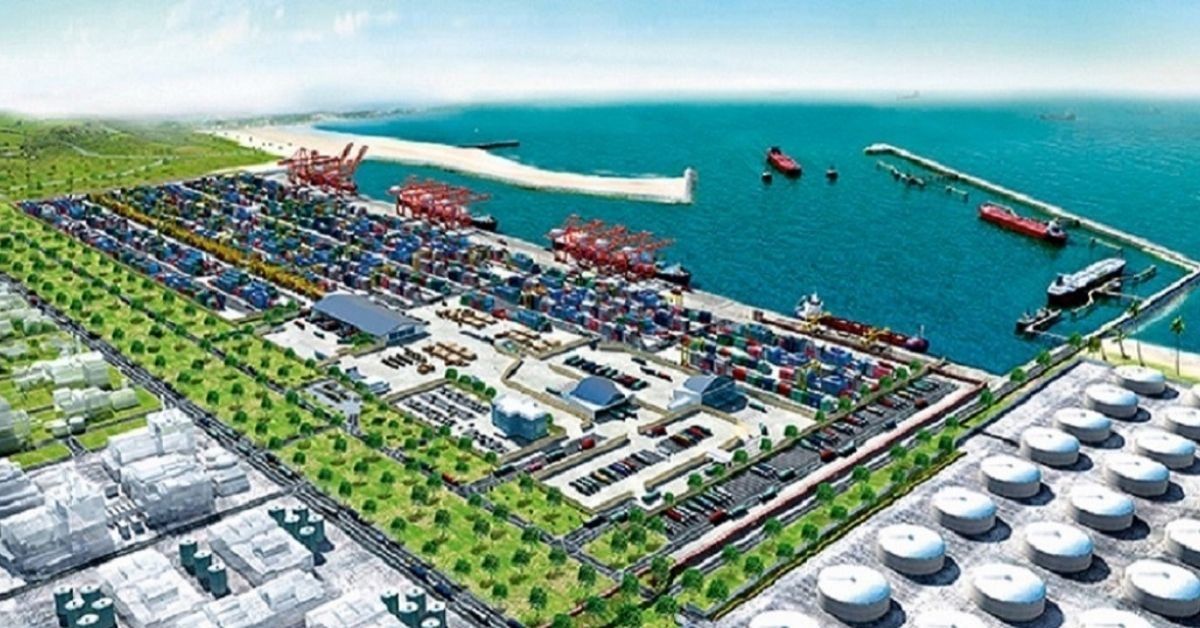Cargo ships currently reaching Nigeria’s commercial hub Lagos, wait for almost a month before loading/unloading cargo. To expedite this process Nigeria is planning a deep seaport at Lekki, on the eastern edge of the city.
Cargo ships currently reaching Nigeria’s commercial hub Lagos, wait for almost a month before loading/unloading cargo. To expedite this process Nigeria is planning a deep seaport at Lekki, on the eastern edge of the city. This new seaport is expected to begin operations early next year. Improved logistics scenario will help Nigeria to revive its stagnant growth, attract more foreign investments and curb soaring logistics cost.
The Lekki deep seaport has the potential to slash cargo waiting time to two days, Mohammed Bello-Koko, Managing Director of Nigerian Ports Authority, said in interview. “It changes everything because Lekki will be faster, it has more space, and it is more modern,” Bello-Koko said.
The first phase of the project will have a capacity of 1.2 million 20-foot containers. The launch of the Lekki project will mark the first time the capacity of the city’s ports — which handle 90% of the country’s imports — have been expanded in a quarter century, even as Nigeria’s population has roughly tripled.
The $1.5 billion project is co-owned by the Nigerian government and Singapore-based Tolaram, which is Nigeria’s biggest food company, and state-owned China Harbor Engineering Company, which built it. It is operated by a subsidiary of French shipping giant CMA-CGM. Trial port operations will begin in December ahead of a full commercial start in March.
Nigeria is Africa’s biggest economy and most-populous country. But inefficiency, corruption, decaying infrastructure and congestion at the Lagos ports have led to cargoes bound for Nigeria being diverted to Ghana and Togo, countries with economies that are a small fraction of its size, costing billions in lost revenues and raising local prices.
When it is fully operational in 2023, the Lekki project will more than double the capacity of Lagos’s ports, and will accommodate far bigger ships, Koko said. “It is a game changer that will bring back most of the cargoes we are losing to neighboring countries,” Bello-Koko said.
The government also plans to upgrade the existing ports and has received pledges from three multilateral lending agencies to raise $600 million for the modernization of Tin Can, one of the main ports. He did not name the agencies. “We need to rehabilitate the port,” he said, noting that the city needs more than one functioning port. “If we allow it to collapse, it will be catastrophic.”








